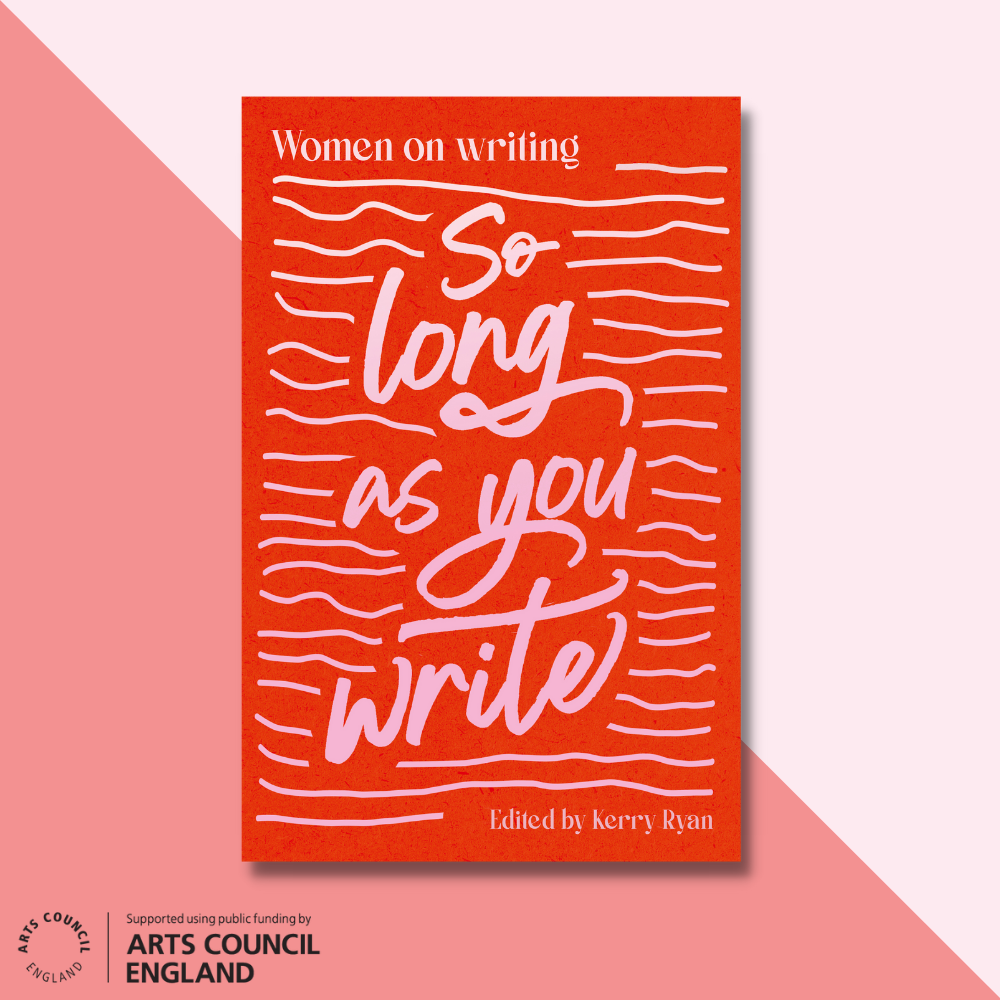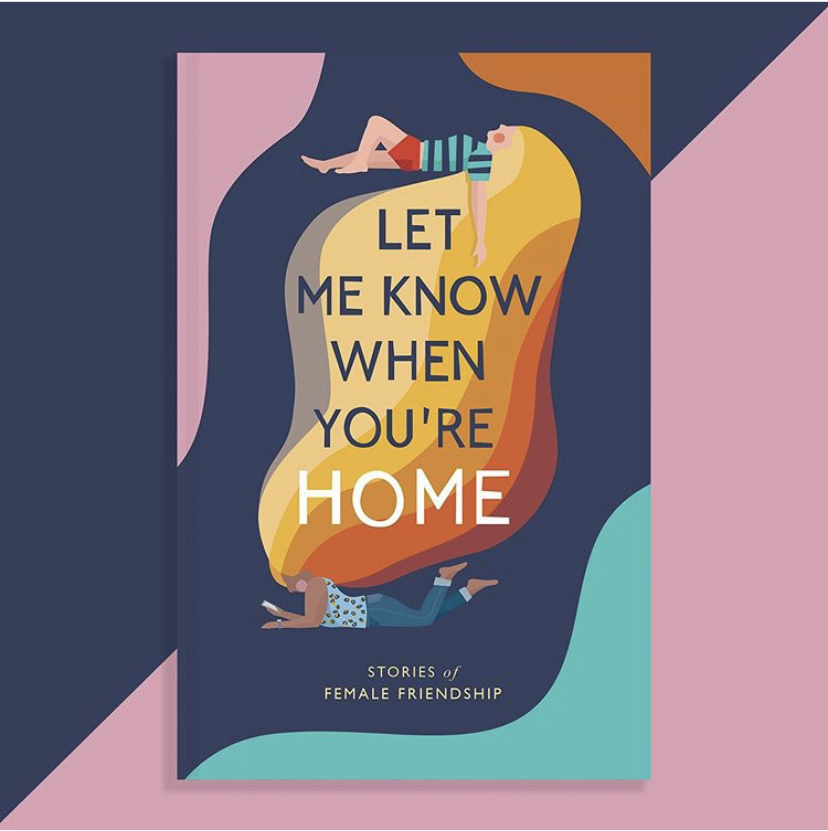FREEDOM | In Cory Robertson’s story, one woman’s decision to explore sexually leads her to reflect on new ways of living.
by Cory Robertson
Celia met Hans through her friend, Jill, who described him as “enlightened, and so unique.” At the party, she’d been flattered by his gaze. Like most of the men she’d been attracted to, he was muscular and self-confident, but something about him seemed supple, pliable. He wore linen and sandals; his expression was attentive. He wanted to converse.
Lured by incense and embroidery, she spent the night with him. He made love as if it were a pleasurable procedure – a series of poses relying on muscle strength and flexibility, agility and release. She gasped at the satisfying speed, the relief of it all. She fell into a light, restful sleep beside him.
In the morning she queried the foreign lilt to his voice; he said he had travelled widely. He spoke of a childhood of rice paddies and triangular hats, a boarding school in which all of the students meditated each morning, their voices united in one synchronised exhalation. To Celia, every inch of him seemed golden, and perfectly moulded.
He prepared vegetables with spices she’d never tasted before. Conversation unfolded effortlessly, and there was an ease of parting she hadn’t known before: they simply unlaced their fingers and waved goodbye.
It was during the small hours of the night when she woke ill at ease, cold seeping into her bones. The Bay Area chill, her friends called it. If you want sunshine, go somewhere else.
*
“I just want to let my relationships become whatever it is they want to become,” Hans said. They were seated in a vegan café, small, round cups of tea before them.
Celia was still emerging from a fog of sex and yoga. Hans had begun teaching her the moves: downward-facing dog, corpse, child.
“Huh?” she replied.
“Imagine two people – strangers – whose eyes meet, who feel an urge to hold hands. Maybe they don’t even want to speak, only to connect – to touch? I just, well. I never want to eliminate this kind of opportunity from my life.”
Celia nodded, choked down a sip of green tea.
“Your relationships?”
He nodded, sagely.
“Oh.” Well, she thought. It had only been a couple of weeks.
So, it was true. The term she’d heard mentioned. Polyamory. A way of life. Open relationships. Was that what this was?
She tried to shake off the feeling of being wrapped up in Hans: the silky cashmere comfort of him. She wrapped her arms around herself and wondered what it would be like to want more than one person at a time. Like finding parts of herself in others, she hoped. The parts she most admired. Instead of knotting up her heart, she decided, she would unclench it, wedge it open.
And yet she wondered. Who would Hans see tonight? What new woman, more beautiful than she, would he befriend?
She remembered Josh – her college boyfriend, a football player who swung a heavy, possessive arm around her shoulders if she so much as chatted with another guy – and banished the thought.
*
She went over the catalogue in her head: strong, gentle, burly, sensitive. So many different kinds of men. She tried to make herself want them. She thought of an acquaintance with supple lips, like a blossom, and a customer at the coffee shop where she worked who had a way of lifting his eyebrows and wrinkling his forehead every time he asked her how she was.
Celia and Hans lay in the sunlight, white sheets tousled about them.
“Have you met anyone else lately?” he asked, gently.
“You mean like . . . someone else?”
He smiled.
“Sure, of course I’ve thought about other people,” she said. “But how do you do it? How do you, you know . . . cozy up to a stranger?”
“Just like you did to me,” he said, placing a hand on her shoulder and curling his body into hers.
*
“She wrapped her arms around herself and wondered what it would be like to want more than one person at a time. Like finding parts of herself in others, she hoped.”
As she walked to the commuter train the next morning, a young man with strong shoulders and shoulder-length, new-showered hair walked before her, nothing but a newspaper in hand. He moved slowly, ambling, and when she squeezed onto the train, she found herself pressed against him. He reached to hold onto the bar overhead, framing her face.
She shifted, let a strand of hair linger on his forearm. He brushed it away, smiled at her, and looked back at his newspaper. She reached for a handle at the top of a seat, encircled his waist with one slight arm. They stayed that way, lightly touching, as the train swayed gently beneath them, and Celia looked out at the passing scenery.
*
She learned to pick out a man from a room and advance subtly, punctuating her endeavours with lips twisted into mock thrill. It was all very straightforward: be gentle with those who were soft, cruel to those who were hard – though, frequently, it was the other way around. And all the while she searched for things she’d imagined, seen in films and read about, but never felt: a certain play of the lips, as if worlds could be contained therein; a soaring thrill that runs between the bones and flesh. The sweeping sensation of love upon a great ship, in another time, and yet it was not love at all that she searched for, but simply the motions: so that she could say she had searched high and low, but it didn’t exist. Not the way she once thought.
A man with the musculature of a Greek god and one with a slight, gamine-like figure. A piano-bar player with a top hat that he wore throughout the act, and an indistinguishable line of twentysomethings with tousled hair and plaid shirts, scuffed sneakers and iphones. Men with every skin tone, and for a while, a succession of men with hair the same length as her own.
One night, a young man with dark hair began to write on her skin, his cursive curling ticklishly across her body. “Your freckles are dapples of sunlight,” he inscribed on her shoulder, laughingly. He turned her around gently, wrote, “I ache to the beat of your silhouette” beneath her collarbone. He took her ankle in hand, pressed the pen to the sole of her foot, and traced his letters there, until Celia’s foot tingled, threatened to fall asleep. She whisked herself from his grasp and skittered into the kitchen, hoping to find juice in the fridge. Only later, immersed in her own bathtub, did she discover the message, still legible on the arch of her foot, the letters curving in elegant spindles: “Please, don’t leave.”
She grabbed her loofah, scrubbed, and ran the foot under scalding water. She used a pumice stone to slough the dead skin from her heels. For days she had the urge to take her shoes off and walk through grass, water, mud, beds of pine needles, across sidewalks and up marble stairs. To wriggle her toes in the air, to feel cool and warm, rough and smooth upon her soles. Whether she wanted the message to fade beyond invisibility, to ensure its erasure, or to imprint it further, deeper into her skin, to spread it across the city, across sidewalks and fields, to stamp it on every corner of her domain – she didn’t know. Maybe she simply wanted to go barefoot, to feel yet another animal pleasure she’d previously denied herself.
Later, reading Spanish poetry in bed, slurping over the language, a glass of white wine in hand, she heard the door open. It wasn’t her roommate – the footsteps were too heavy. Work boots on wood floorboards.
Hans. She’d given him a key, early on. He’d never used it before. Or had she left the door unlocked, ajar?
She heard him slouch into the loveseat in the next room, the cushion springs squeaking against his long, heavy limbs. She could picture the way his legs folded over the edge, feet reaching the floor – far too much man for the small, rickety frame. Yet he would be comfortable, would roll his head back, oblivious to the jabs and angles that would make anyone else squirm. There was a small armchair beside it, but she’d never seen him sit there.
She placed her glass on the bedside table and looked into the mirror across the room, an oval, embellished thrift-store find, like a fancy painting frame. Her face: unkempt hair, wetted lips.
As she stood before the mirror, her identities stripped away, one by one: the seductress, the flirt, the winking barista and sultry, mysterious barfly. She saw only herself, pretty and affable, amazed that she’d escaped a Midwestern marriage. A white girl with nice hair and clear skin. A vegetarian who drank tea when she felt hungry between meals. The kind of woman who, like Natasha from War and Peace, seemed likely to move back home, bear children, gain weight while producing baked goods in the kitchen. Or else the sort who stayed thin, hired nannies.
But she looked past these, and saw another future: grey hair, long and loose around her shoulders. The sort of clothes she saw older women wearing in Berkeley and San Francisco: Indian-inspired, bedangled, with beaded necklaces or scarves that tinkled like chimes in the wind. Heavy leather sandals and unpolished toes. The sorts of women who had been divorced once or twice, who practiced yoga and still, in their fifties and sixties, talked of self-actualisation, as if it were never too late, never a loss, never time to eat bonbons with the grandchildren while wearing a faded muumuu.
She opened the bedroom door, and stepped out.
Cory Robertson
Cory Robertson studied English at Lawrence University and the University of Maine. She has written for a handful of publications, and her first fiction appeared in Gone Lawn. She currently lives in Los Angeles with her partner and a trio of cats.




